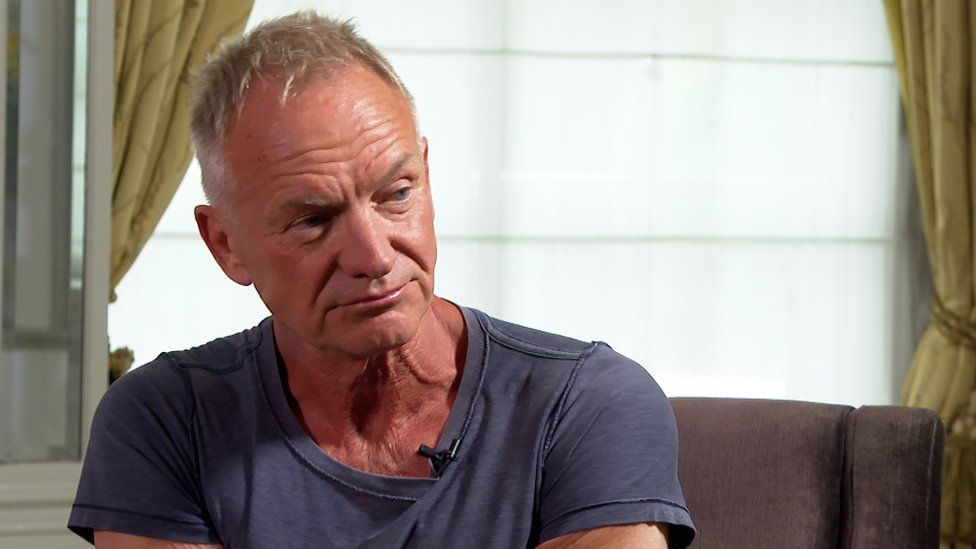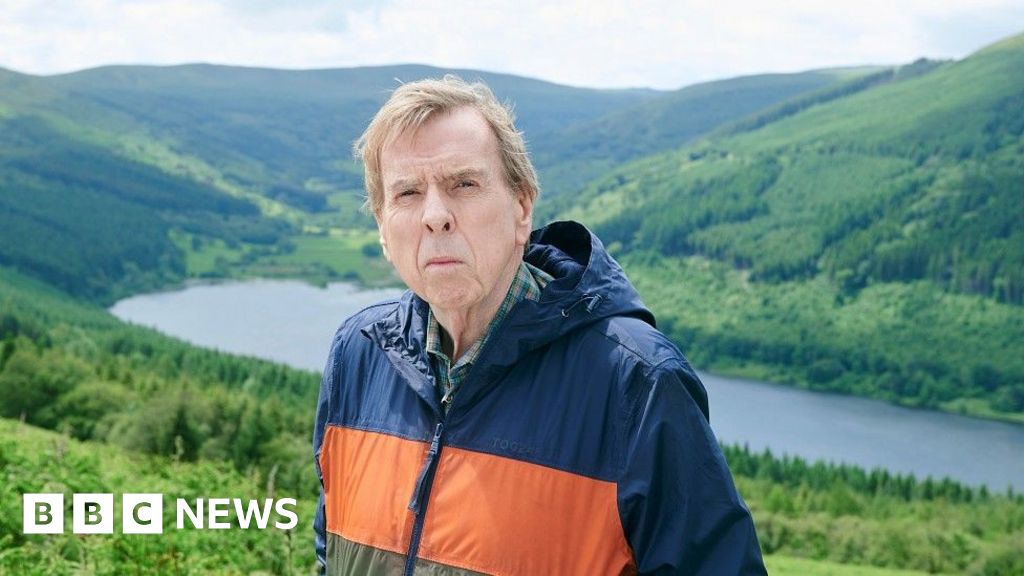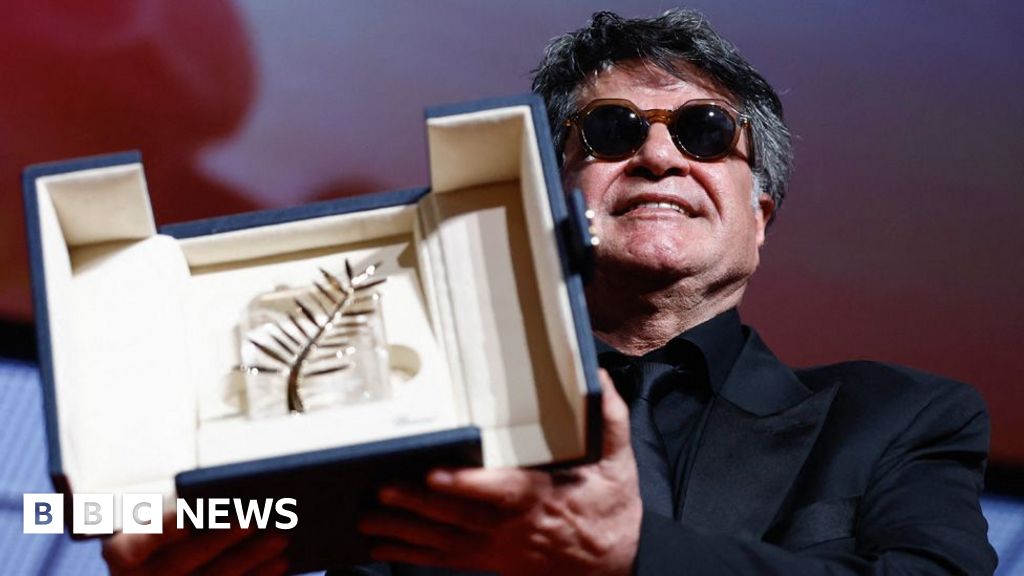ARTICLE AD BOX

Sting has sold more than 100 million albums across his 45-year career
By Mark Savage
Music correspondent, BBC News
Sting says musicians face "a battle" to defend their work against the rise of songs written by artificial intelligence.
"The building blocks of music belong to us, to human beings," he told the BBC.
"That's going to be a battle we all have to fight in the next couple of years: Defending our human capital against AI."
His comments come after a number of songs have used artificial intelligence to "clone" famous artists' vocals.
In February, DJ David Guetta used the technology to add Eminem's "voice" for one of his tracks while a faked duet between Drake and The Weeknd went viral in April.
The latter was pulled from streaming services after a copyright complaint from Universal Music Group (UMG), which is also the label that releases Sting's music.
"It's similar to the way I watch a movie with CGI. It doesn't impress me at all," Sting said.
"I get immediately bored when I see a computer-generated image. I imagine I will feel the same way about AI making music.
"Maybe for electronic dance music, it works. But for songs, you know, expressing emotions, I don't think I will be moved by it."
Ghost in the machine?
Sting spoke with the BBC for 30 minutes about a range of subjects including his approach to songwriting
The recording industry has quickly mobilised against artificial intelligence, launching a group called the "Human Artistry Campaign", and warning that AI companies are violating copyright by training their software on commercially-released music.
Whether AI-written music can be copyrighted is still under debate. Under English copyright law, for example, works generated by AI, can theoretically be protected.
However, the US Copyright Office recently ruled that AI art, including music, can't be copyrighted as it is "not the product of human authorship".
Not everyone is against the technology. Pet Shop Boys frontman Neil Tennant recently suggested AI could help musicians overcome writers' block.
"There's a song that we wrote a chorus for in 2003 and we never finished because I couldn't think of anything for the verses," he told the Radio Times.
"But now with AI you could give it the bits you've written, press the button and have it fill in the blanks. You might then rewrite it, but it could nonetheless be a tool."
Sting agreed with Tennant's observation.... to a point.
"The tools are useful, but we have to be driving them," he said. "I don't think we can allow the machines to just take over. We have to be wary."
Changing this for a less blurry version
Legendary career
The musician was speaking ahead of the UK's prestigious Ivor Novello songwriting awards on Thursday, where he will be given the organisation's highest honour.
Only 23 other people have become an Ivor Academy Fellow with British legends Paul McCartney, Kate Bush, Elton John and Annie Lennox among the other honourees.
"It sounds like something out of the Lord Of The Rings, doesn't it? A Fellowship," the star joked. "But it's very meaningful to me, to win a songwriting prize, because that's what I put on my passport: I'm a songwriter."
The Newcastle-born musician began his career as a member of The Police, before breaking away as a solo artist in 1984.
"I wanted to start again," he said of his decision to break up the band at the height of their fame. "When you're in a band, it has to have a recognisable sound. So, as a songwriter, I was trapped.
"There was some risk involved," in going solo, he added, "but I wasn't risking my life or anything. I don't think in music you can have a success without risk."
Across his career, the musician has sold more than 100 million albums, and charted global hits like Message In A Bottle, Every Breath You Take, Fields Of Gold, Englishman In New York and Shape Of My Heart.
But he said that the first time he made the top 40, with The Police's Roxanne, remained a career highlight.
"I was in my kitchen, on a plank on top of a ladder, painting the ceiling and I had Radio One on. I suddenly recognised the song and I literally fell off the off the ladder.
"Nothing will ever beat that first time you hear yourself on the radio. After that, it's just diminishing returns."
Image source, Getty Images
Sting sold his entire back catalogue to UMG last year for a reported nine-figure sum, following in the footsteps of artists like Bruce Springsteen, Bob Dylan, Shakira and Fleetwood Mac's Stevie Nicks.
He said he'd handed over control because he trusted his record label and wanted to protect his musical legacy - especially after artists like Prince and Jimi Hendrix had endured messy, posthumous battles over their estate.
"That can be a mess. So I think it's better to take control of it now."
But the musician added, "I still think of them as my songs."
"In the same way that a painter who sells his paintings to collectors still thinks of the paintings as being his own, so these are still my songs.
"I just got paid in advance. It's as simple as that. That's how I rationalise it."

 2 years ago
41
2 years ago
41








 English (US) ·
English (US) ·